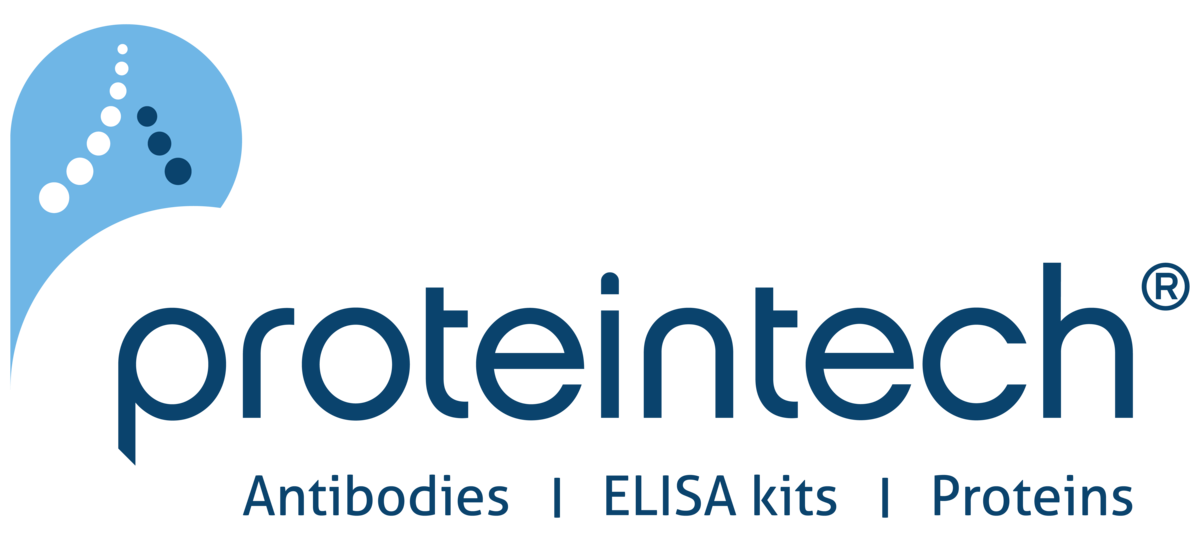Antibodies are essential tools for a broad range of immunoassay techniques. However, for antibodies to generate reliable data, they should have proven specificity for the analyte of interest in the intended species and application.
Antibodies are indispensable research reagents
With the unique ability to recognize and bind an analyte of interest in the presence of many other biomolecules, antibodies are indispensable tools for scientific research. Depending on the application in which they are used, antibodies can provide target quantification, identify spatial and temporal patterns of protein expression in cells and tissues, and even monitor binding events to determine how biological interactions influence cellular behaviors. While traditional polyclonal and monoclonal antibodies remain popular among researchers, recombinant antibodies have seen increased uptake due to their superior batch-to-batch consistency and the relative ease with which they can be engineered into different formats. In addition, antibody fragments and synthetic immune reagents such as aptamers and non-immunoglobulin protein scaffolds are being more widely used by researchers.
Antibodies have been blamed for the reproducibility crisis
In recent years, the quality of the antibody reagents being applied for scientific research has been called into question. A 2008 Molecular & Cellular Proteomics publication reported just 49% of commercial antibodies to accurately detect their protein targets during independent testing, while a seminal 2015 Nature article suggested antibodies to be major contributing factors to the reproducibility crisis – the growing realization that the results of many scientific experiments cannot be repeated (1,2). Given how often experiments are designed based on the work of other labs, irreproducibility due to factors including variable antibody performance, unwanted cross-reactivities, or use in the wrong application represents a significant problem. This has led to a shift in how antibodies are validated by manufacturers, as well as in how products are selected for research.
Five pillars for antibody validation promise improved reproducibility
As a means of addressing the reproducibility crisis, a team of researchers led by Mathias Uhlen of the KTH Royal Institute of Technology convened an ad hoc International Working Group for Antibody Validation (IWGAV) in 2016 to define best practices for validating antibodies used in common research applications. Notably, IGFAW recommended five pillars for antibody validation, as summarized below, suggesting that at least one of these be incorporated into the antibody testing process to support validation claims for a particular application (3).
- Genetic strategies
Genetic strategies involve comparing antibody binding activity between samples expressing the target protein and samples in which target expression has been eliminated or significantly reduced by genome editing or RNA interference. Knock-out (KO) cell lines are frequently used for these types of studies.
- Orthogonal strategies
Orthogonal validation is the process of comparing antibody based detection of the target of interest with an antibody independent method. Examples of the latter include mass spectrometry (MS), transcriptomics, and in situ hybridization.
- Independent antibody strategies
Independent antibody strategies directly compare the antibody that is being evaluated with another antibody that is validated for the same target. For this type of validation, it is critical for the two antibodies to have nonoverlapping epitopes.
- Expression of tagged proteins
Expressing the target protein with a fusion tag allows for a comparison of the antibody signal to that of a tag-specific antibody. A limitation of this approach is that incorporating a tag risks changing the characteristics of the target protein.
Applying antibody validation principles
The five pillars for antibody validation have been warmly received by the scientific community. Many antibody manufacturers have incorporated the pillars into their existing validation processes, while researchers have become more likely to look for evidence that these types of tests have been performed. When selecting antibodies, it is recommended that you check the product datasheet for experimental proof that the antibody will work in your chosen species, sample type, and application. Your purchasing decision may also be guided by additional information about the antibody, such as details of the immunogen used for antibody production, the isotype, and the buffer formulation, as well as the protocols used for validation purposes. Critically, when using your selected antibody reagents, you should always include a positive and a negative control in each experiment that is performed.
When might an antibody be to blame for unexpected results?
Provided researchers are diligent with antibody selection, there should be little cause for complaint. However, problems such as a lack of signal in a positive control sample or an unexpected signal in a negative control sample may still occur. If these types of issues are encountered when using the antibody manufacturer’s recommended protocol, it may be worth contacting the vendor. LubioScience is often able to quickly resolve such concerns since we maintain a strong relationship with our partners, who are always happy to help.
LubioScience represents some of the most trusted brands in research and works closely with our partners to bring high-quality antibody reagents to the scientific community. Contact us today to discuss how we can support your project.

Proteintech
Primary antibodies, nanobodies, cytokines & growth factors - all made in-house. Strict validation by western blot, ELISA and siRNA testing.

GeneTex
GeneTex offers primary & secondary antibodies validated with multiple methods.

Absolute Antibody
Absolute Antibody is an expert in engineering recombinant antibodies for in vivo research. Their custom services include hybridoma sequencing, antibody engineering and expression.


